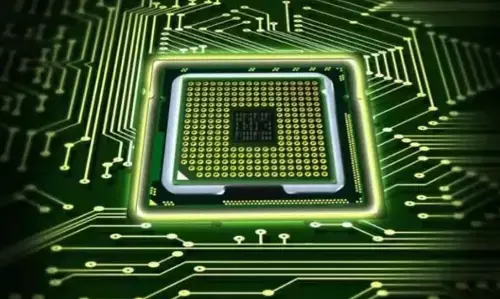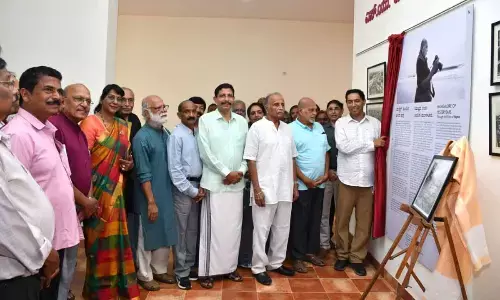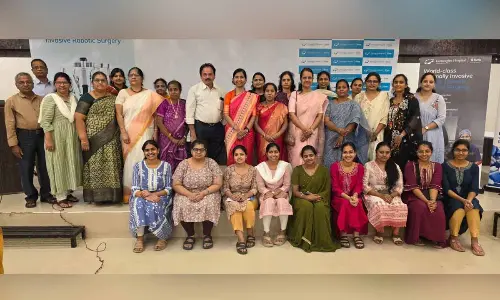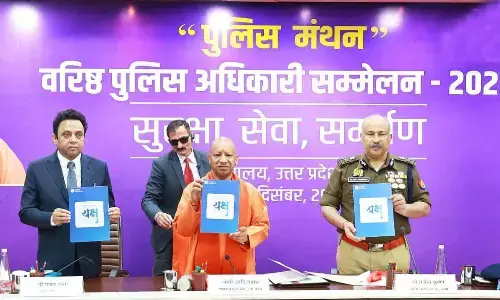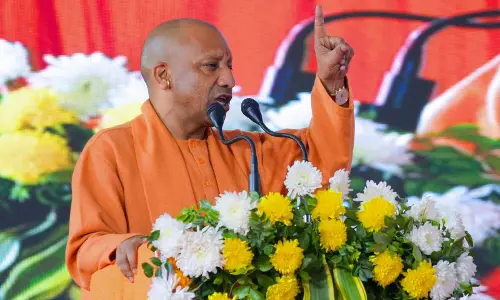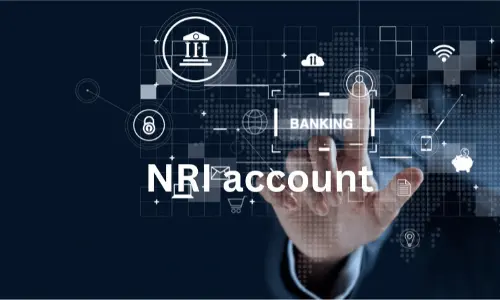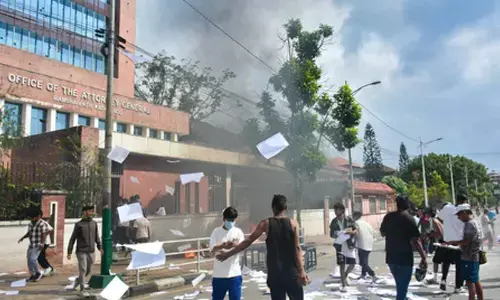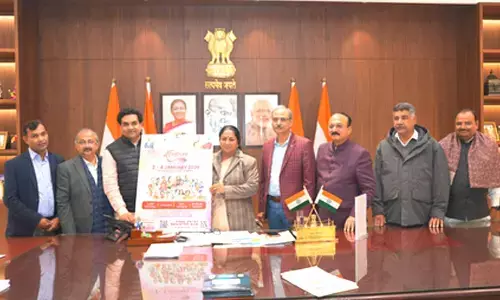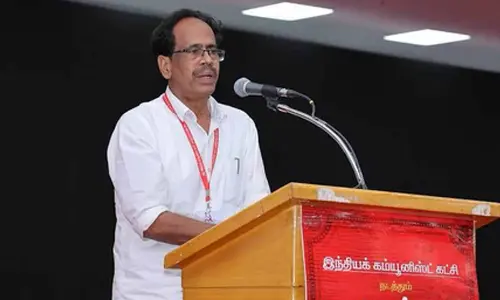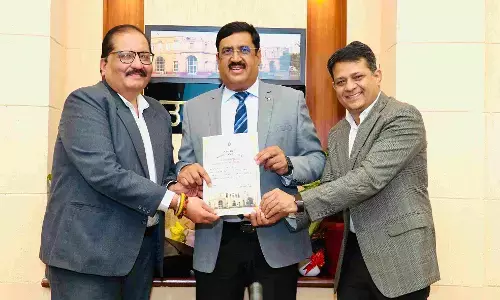What is a republic?

What is a republic, India obtained its independence on 15 August 1947 as a constitutional monarchy with George VI as head of state and the Earl Mountbatten as governor-general.
A republic is a form of government in which power resides in the people, and the government is ruled by elected leaders run according to law (from Latin: res publica), rather than inherited or appointed (such as through inheritance or divine mandate). In modern times, the definition of a republic is also commonly limited to a government which excludes a monarch.Currently, 135 of the world's 206 sovereign states use the word "republic" as part of their official names. Republics became more common in the Western world starting in the early 19th century, eventually displacing absolute monarchy as the most common form of government. In modern republics the executive is legitimized both by aconstitution and by popular suffrage. Most often a republic is a sovereign state, but there are also sub-sovereign state entities that are referred to as republics, or which have governments that are described as 'republican' in nature. For instance, Article IV of the United States Constitution "guarantee[s] to every State in this Union a Republican form of Government"
India obtained its independence on 15 August 1947 as a constitutional monarchy with George VI as head of state and the Earl Mountbatten as governor-general. The country, though, did not yet have a permanent constitution; instead its laws were based on the modified colonial Government of India Act 1935. On 28 August 1947, the Drafting Committee was appointed to draft a permanent constitution, with Dr B R Ambedkar as chairman. The Constitution was passed by the Constituent Assembly of India on 26 November 1949, but was adopted on 26 January 1950 with a democratic government system, completing the country's transition toward becoming an independent republic. 26 January was selected for this purpose because it was this day in 1930 when the Declaration of Indian Independence (Purna Swaraj) was proclaimed by the Indian National Congress. Dr Rajendra Prasad became the first President of India.
Woman injured in stabbing attack in Tokyo, suspect at large
Bengal cop booked for murder over mysterious death of woman home guard, SIT to probe case
Staffer recalls horror of 7-kg gold robbery by armed gang in Karnataka’s Hunsur
25-Year-Old Airline Cabin Crew Member Dies At Gurugram Party; Police Begin Investigation








